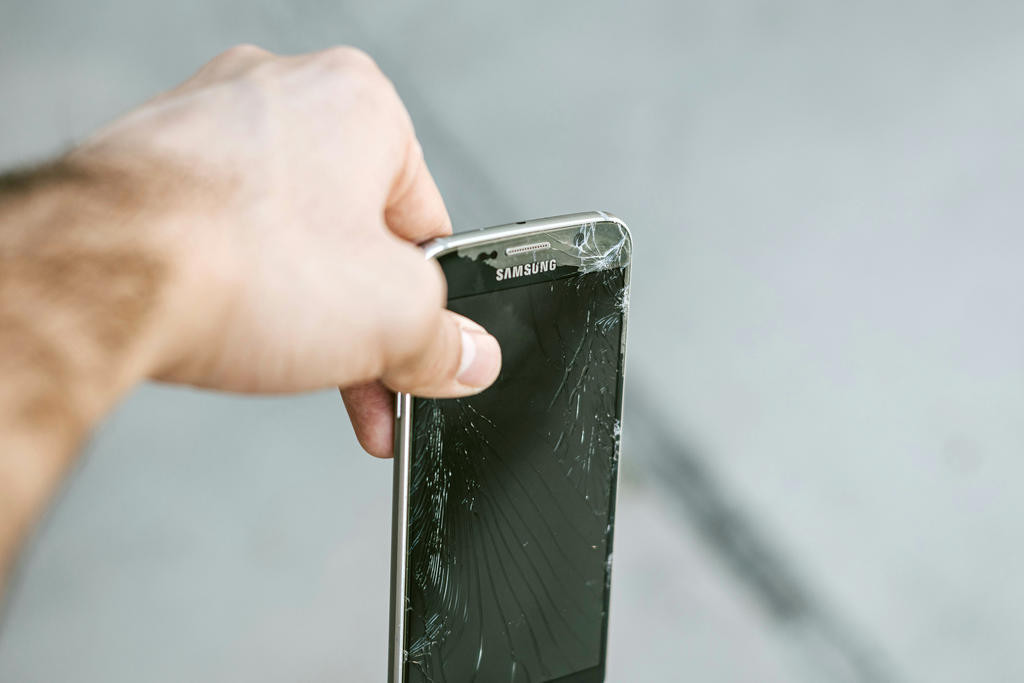General News
13 February, 2025
Waste not, want not
It's been said most recently by Hindmarsh Shire but the message applies equally across the entire Wimmera Mallee: any rubbish that contains a plug, a battery or a cord belongs to a special category known as "e-waste".

Late last month Hindmarsh Shire reminded residents that unwanted electrical or battery-operated items such as old phones, computers, household appliances, power tools and toys should not be placed in regular waste bins.
"E-waste contains valuable resources that can be reused, as well as some nasty materials that are harmful to the environment," team leader of waste and sustainability Vanessa Triana said.
"E-waste must not be deposited in bins or landfill but taken to a recycling facility to ensure the harmful components are removed and the remainder recycled."
Ms Triana said there were "many great reasons" for households and businesses to recycle e-waste.
Firstly, it was good for the environment, she said.
"E-waste is responsible for 70 per cent of the toxic chemicals, such as lead, cadmium and mercury, found in landfills.
"Even in small amounts, these dangerous chemicals can cause environmental contamination."
Ms Triana said e-waste also contained valuable materials including tin, nickel, zinc, aluminium, copper, silver, gold and plastic that could be recycled.
"On average, e-waste is 95 per cent recyclable," she said.
"For example, old mobile phones can be recycled to make stainless steel goods, new batteries and even plastic fence posts."
She said 511,000 tonnes of e-waste were generated across Australia in 2019.
"That means the average Australian produced 20kg of e-waste.
"Currently, only a third of the total value of the materials in the e-waste we generate is recovered.
"In 2019 alone Australians sent $430 million worth of materials to landfills along with their e-waste."
Across the region, e-waste comprises:
televisions and monitors computers including laptops, notebooks, palmtops and tablets parts for personal computers – for example, internal hard drives, motherboards, cards, internal power supplies, CPUs, and DVD and CD drives computer accessories – for example, mice, keyboards, joysticks, game pads, scanners and web cameras printers – for example, ink-jet, dot matrix, laser and multi-functionaI devices mobile phones game consoles video recorders DVD players radios and stereos power tools households appliances, including microwaves.
Ms Triana said e-waste in Hindmarsh Shire could be delivered to any council transfer station.
Neighbouring municipalities including the shires of Yarriambiack and West Wimmera and Horsham Rural City have similar programs in place.
Batteries must never be placed in household waste or recycling bins.
Instead, the terminals should be covered with tape to reduce the risk of short-circuiting while they're being transported to an approved collection site.
In Yarriambiack Shire, batteries can be left free of charge at transfer stations or at Rupanyup IGA, Minyip IGA, Murtoa & District Neighbourhood House, the council municipal office in Warracknabeal, Beulah Business & Information Centre, Hopetoun & District Neighbourhood House, Patchewollock Community Store or Speed Post Office.
In Horsham, smaller items such as laptops, mobile phones, compact fluorescent tubes and household batteries can also be left at Horsham Library or council's main office.